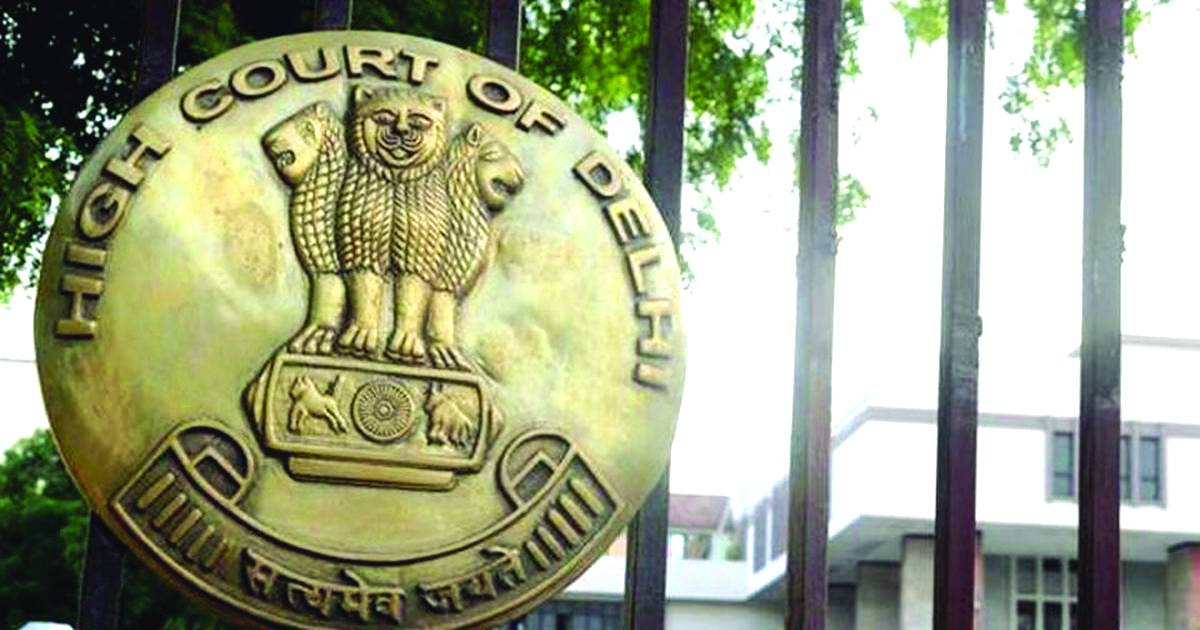HC orders govt to conduct thorough review of Old Age Assistance Rules

New Delhi: The Delhi High Court has ordered the Delhi government to conduct a thorough review of the Old Age Assistance Rules, 2009.
The court emphasised the importance of considering contemporary socioeconomic conditions and the evolving needs of the elderly population in this assessment.
The division bench of Chief Justice Satish Chandra Sharma and Justice Sanjeev Narula also instructed the government to revaluate the eligibility criteria, specifically the annual family income limit of Rs 1 lakh per annum, which determines eligibility for financial aid under the rules.
To ensure informed decision-making, the court suggested, “An appropriate data-driven survey may be conducted to ascertain the actual demand for the scheme, and the changes in economic conditions, and the rules must be revised on the basis of such a survey.”
While awaiting these revisions, the court ordered the government to set up a transparent system for real-time vacancy information to help potential applicants. They also proposed a waitlist for eligible individuals based on a first-come-first-serve basis to improve rule accessibility.
Additionally, the court urged simplifying the application process to aid indigent applicants.
The court’s decision followed two petitions, one from an applicant rejected due to limited slots and another requesting benefits for more qualifying individuals.
Under the existing rules, applicants for financial aid must be aged 60 or above, have resided in Delhi for at least five years before applying, and maintain an annual family income below Rs 1,00,000. Beneficiaries aged 60 to 69 receive Rs 2,000, while those aged 70 and above receive Rs 2,500.
Addressing concerns raised by the petitioners, the court stated, “Such apprehensions alone cannot be the basis for judicial intervention, as the rules in question do not emanate from any statute. It is fundamentally a policy decision born out of executive decisions.”
While emphasising the importance of uniform eligibility criteria, the court expressed concern about disparities in assistance for deserving individuals. It insisted on the need for “a transparent and accessible mechanism” to disseminate information about available vacancies, enhancing the rules’ functionality, accessibility, and overall impact.
In concluding the case, the court affirmed, “These features are essential to enhance the rules’ functionality, accessibility, and overall impact, thereby positioning it more closely with its foundational objective of providing effective financial assistance and social security to the elderly populace.”
Furthermore, while responding to the court’s directive, a Delhi government official who preferred to remain anonymous stated, “We acknowledge the Delhi High Court’s directive, in light of evolving socioeconomic conditions and the needs of our elderly population. We are committed to establishing a transparent and accessible system that effectively serves deserving beneficiaries. We will be taking steps to address this matter in the near future.”



